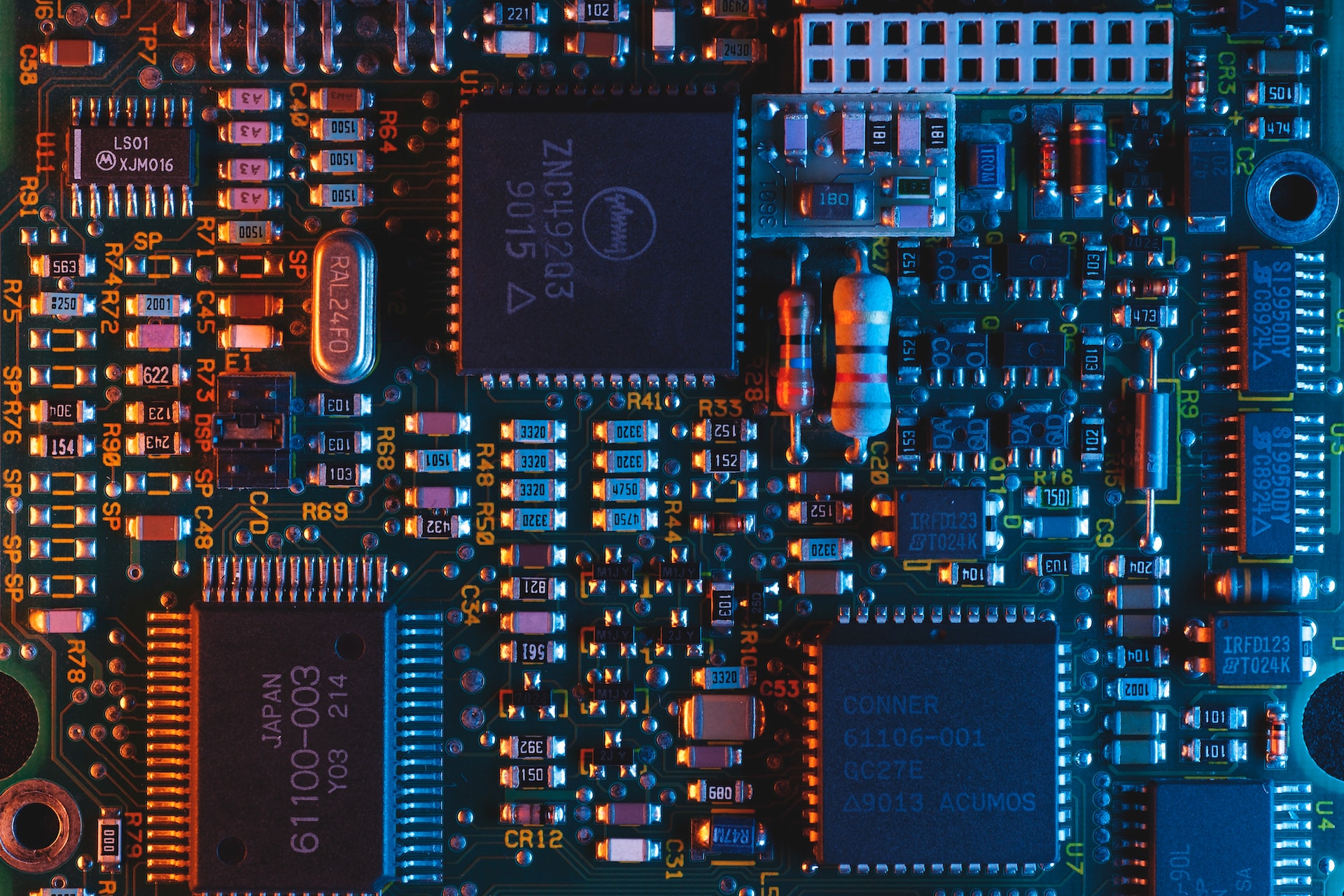HPE has been selected by Tokyo Institute of Technology (Tokyo Tech) Global Scientific Information and Computing Center (GSIC) to build its next-generation supercomputer, TSUBAME4.0. This supercomputer aims to accelerate AI-driven scientific discovery in medicine, materials science, climate research and turbulence in urban environments.
With the TSUBAME4.0 supercomputer, users will have the ability to train more AI models and run applications in computational science and analytics, simultaneously, to augment research efforts and improve productivity.
TSUBAME4.0 will be fully operational in Spring 2024 and will be based in a newly constructed facility in Tokyo Tech’s Suzukakedai campus.
TSUBAME4.0 will be created using HPE Cray XD6500 supercomputers, consisting of 240 nodes and equipped with two 4th Gen AMD EPYC™ processors, four NVIDIA H100 Tensor Core GPUs, and 768 GiB of main memory. It will provide maximum performance and specialized capabilities to run modeling and simulation workloads required for complex scientific research. Additionally, the HPE Cray XD6500 supercomputers are highly dense and purpose-built to support accelerated compute that is optimized to power AI, analytics and image-intensive applications.
Justin Hotard, executive vice president and general manager, HPC, AI and Labs at HPE, said: “National research centers across the globe rely on supercomputing to drive science, engineering and AI initiatives to understand complex phenomena and accelerate innovation.
“Tokyo Tech is a powerful example of an organization that continues to invest in supercomputing and opens it to a broader community to enable cutting-edge research and new capabilities in AI. We are proud to continue our collaboration with Tokyo Tech and NVIDIA to build TSUBAME4.0, which features HPE Cray supercomputing innovation to deliver the massive performance required to augment Tokyo Tech’s ongoing scientific and AI-driven missions.”
Professor Yutaka Akiyama, school of computing, Tokyo Tech, said: “TSUBAME has been supporting our research on cyclic peptide drug discovery, which is anticipated to become the next-generation medicine.
“TSUBAME has always been our partner in the daring challenges of achieving world’s first. It has been supporting reproduction of biophysical phenomena with hundred-fold larger simulations, and through exhaustive calculation on hundreds of cases has generated quantitative proof of predictive ability. With the significantly accelerated TSUBAME4.0, we look forward to its support in realizing intelligent drug discovery through large-scale molecular simulation and fusing it with deep learning technology in generating predictive models.”





